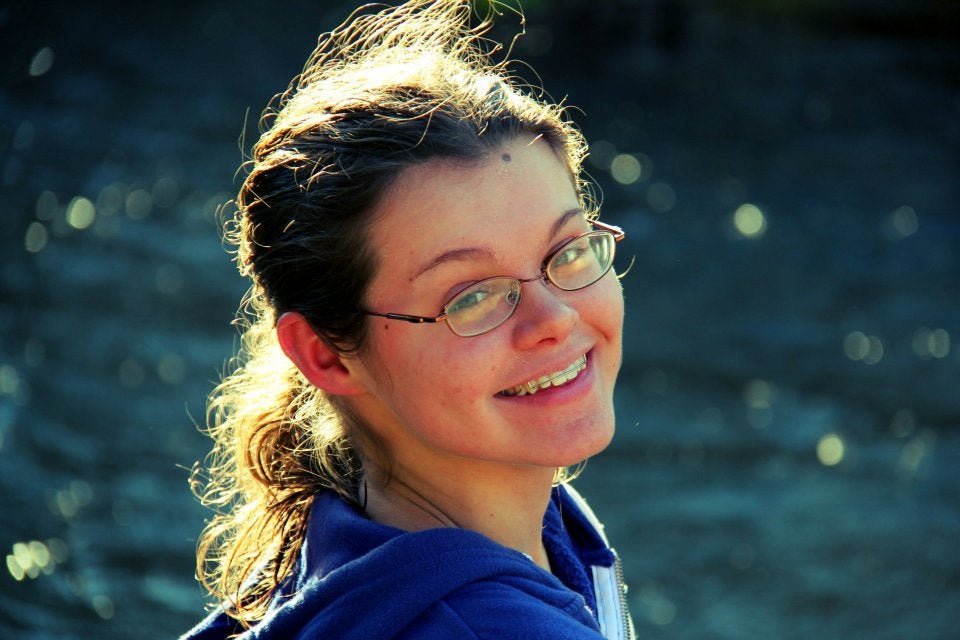
In January, Rachel began an internship with Project Ploughshares, an NGO that conducts research to inform and advance policies related to war prevention, armed violence, and peacebuilding. During the winter term, Project Ploughshares offers an internship program to third and fourth-year UW or WLU students to conduct research on current armed conflicts for their annual Armed Conflict Report. For her first project, Rachel is researching the conflicts in the Central African Republic and in Mali. This is a great opportunity to learn more about all the conflicts (the ones she’s researching as well as the one’s other interns are working on). Each conflict requires different levels of research as well. Some conflicts, such as Mali, mostly require updating little details, whereas in the Central African Republic, there’s been more violence in the past year as well as more time for others to analyze and assess the dynamics of the conflict that now need to be reported.
Over the next 4 months, 4 interns will be covering 24-30 conflicts; Rachel hopes to focus on a couple conflicts at once for a little variety. In particular, she finds the conflict in the Congo fascinating but hasn’t yet had the opportunity to delve into the issue; this might be an opportunity to research the conflict more fully (or read a concise, in-depth report from one of her fellow interns). At 8 hours a week, Rachel finds the internship to be challenging but not overwhelming. It’s putting her research skills to good use, providing her with resources for researching conflict, experience in the NGO world, and network contacts. A key lesson that she’s learning in her internship is the ability to distance yourself from what you’re researching in order to not get overwhelmed. Rachel says,
I think that’s a skill that’s really important in a lot of PACS-related fields: [the ability] to take a step back and be like this is work and if we know more about this we can hopefully make it better and trying not to think too deeply about the individuals behind the statistics.
While subjectivity and individual cases are also an important part about PACS-related work, constantly reading about conflict can be paralysing without some emotional distance. The most important thing is to find a balance between the two.
With graduation approaching, Rachel is starting to think about where to go next, and Project Ploughshares is a good stepping stone to exploring what’s out there and getting connected in the field of NGOs and advocacy. The PACS program offered her a lot of flexibility, that on one hand was a great opportunity to explore her interests and ask a lot of questions, and on the other hand has left her with a lot of places to go, but no clear direction. She’s interested in engaging with numerous issues, including Aboriginal rights, disability rights, and mental health and sees herself working anywhere from in a women’s shelter to an advocacy organization or research organization like Project Ploughshares.
Looking back on her years here, she recommends talking with your advisor, especially in your first year, to help get a sense of what you’re interested in and what you want to gain while at UW. In addition, she always thought it might have been useful to take an economics, statistics, or research methods class; even though it’s not a required PACS course, it’s required for a lot of other programs and she definitely sees its value in the NGO-world. Overall, Rachel loved the flexibility of the program to explore different interests within a small group and she’s excited to see where it takes her next.